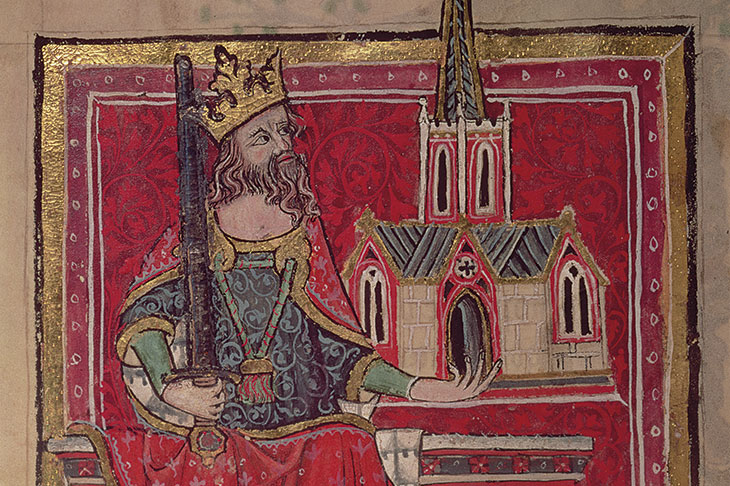The title of Marc Morris’s new history makes me want to get up and dance a little jig. The modern Inquisition has been jabbing its finger at the term ‘Anglo-Saxon’, accusing it of thought crime and threatening it with the cucking stool. (At least one august history society in the US has renamed itself in response.)

Disagree with half of it, enjoy reading all of it
TRY A MONTH FREE
Our magazine articles are for subscribers only. Try a month of Britain’s best writing, absolutely free.
Already a subscriber? Log in






Comments
Join the debate, free for a month
Be part of the conversation with other Spectator readers by getting your first month free.
UNLOCK ACCESS Try a month freeAlready a subscriber? Log in